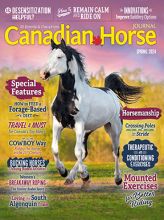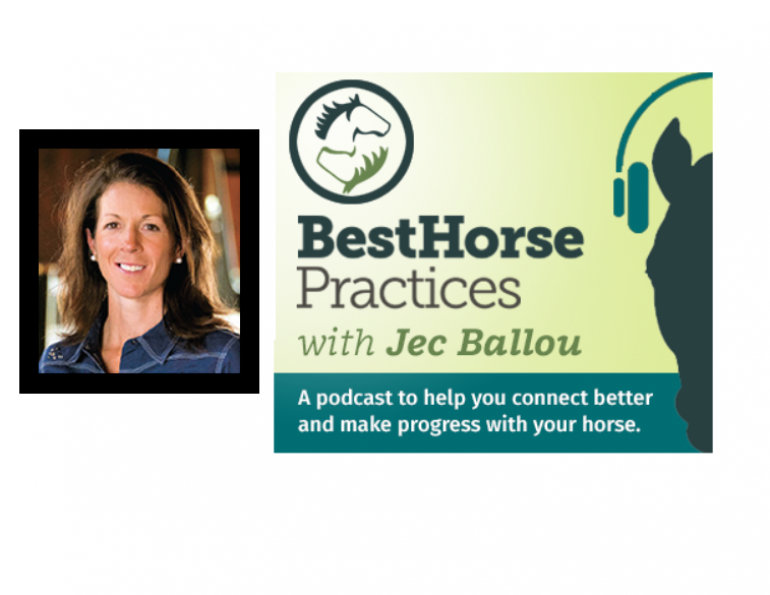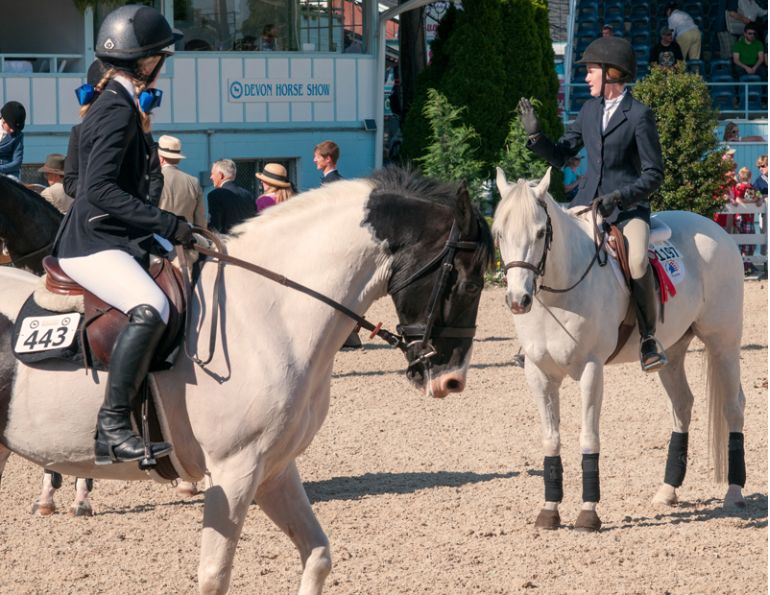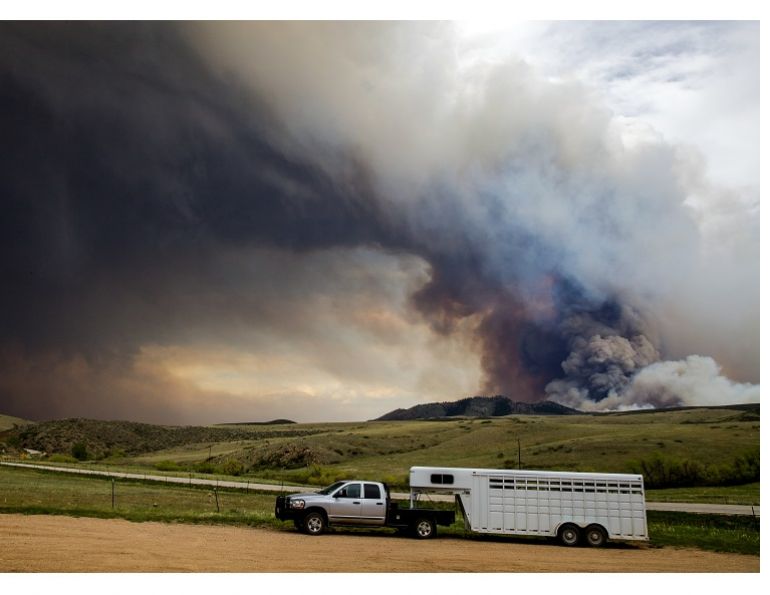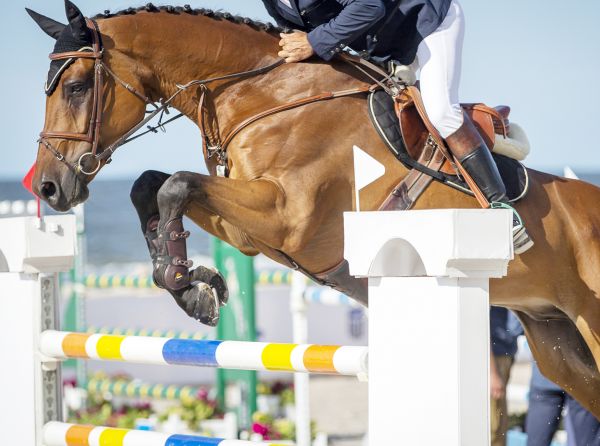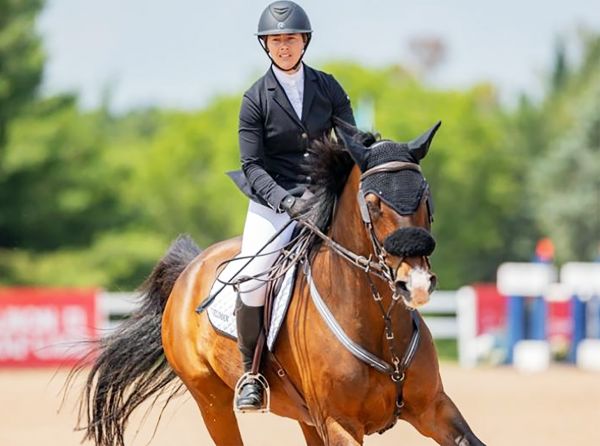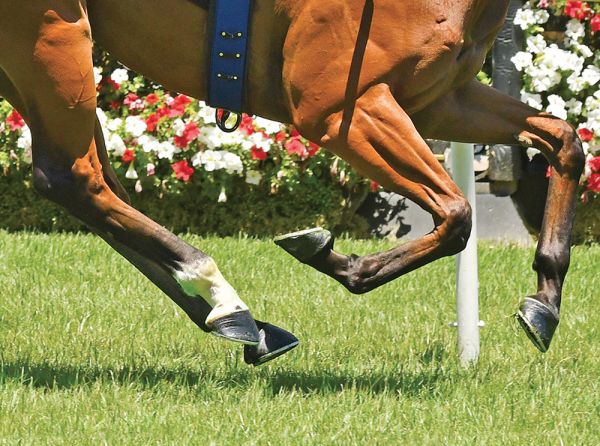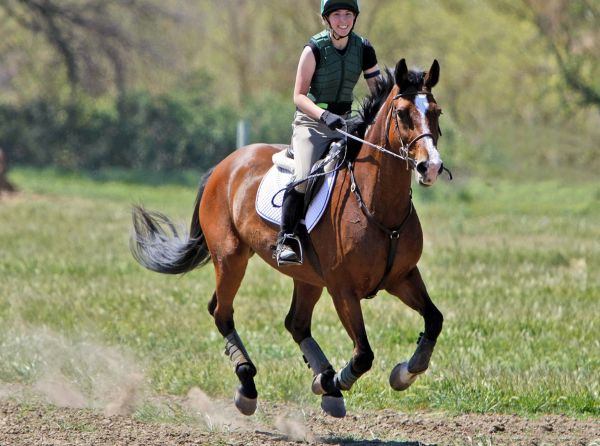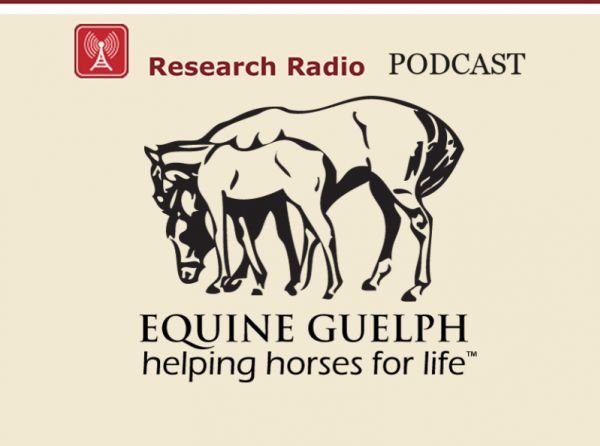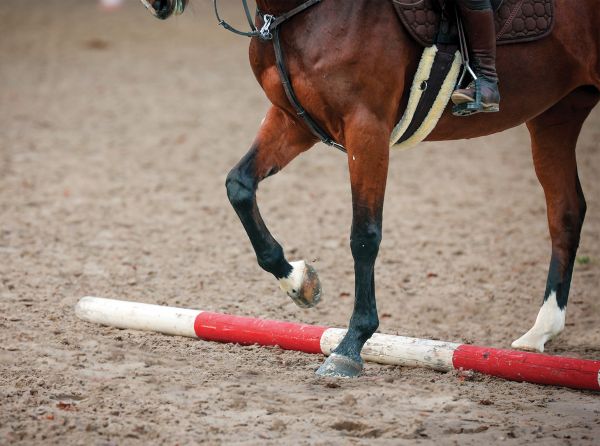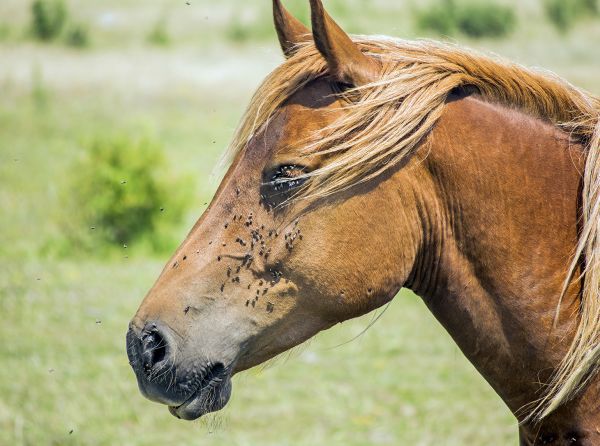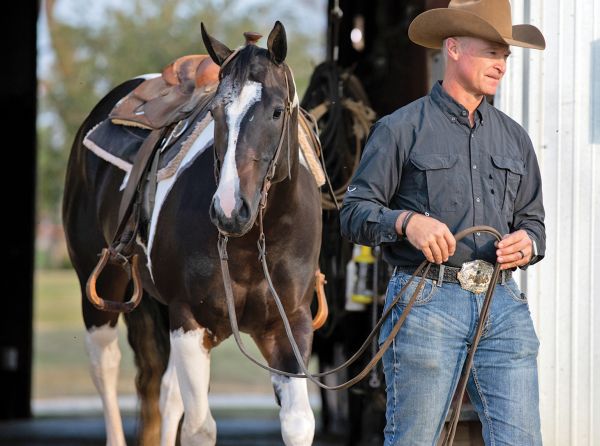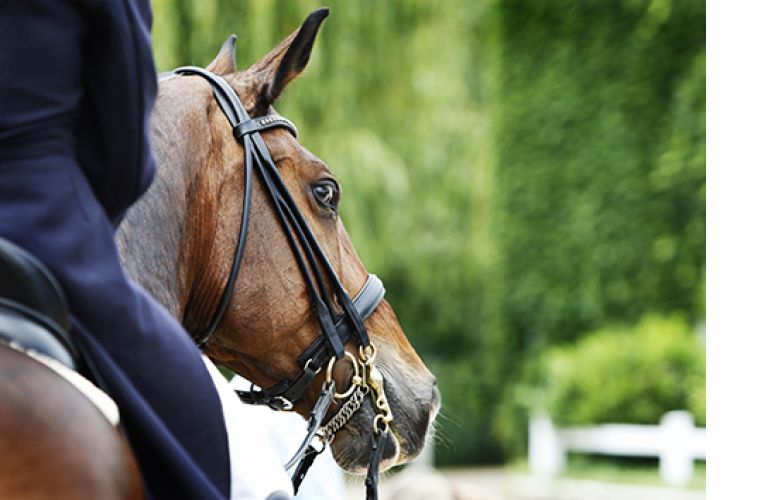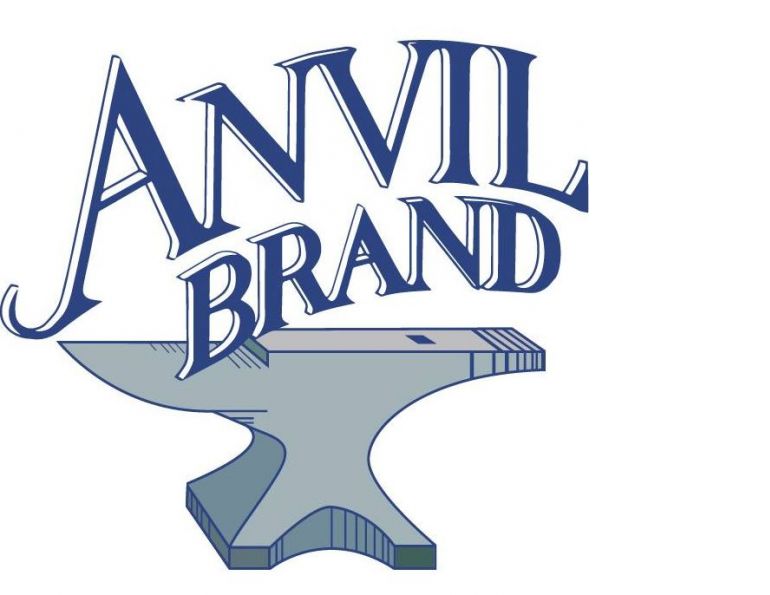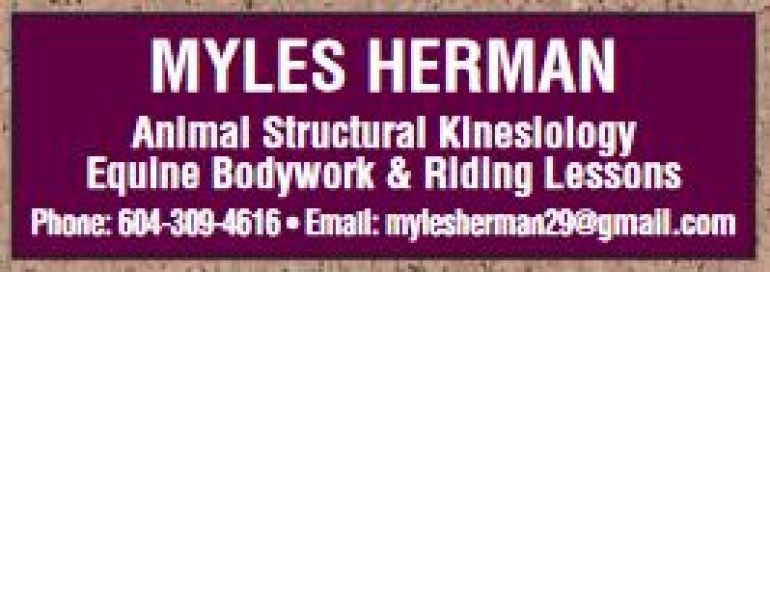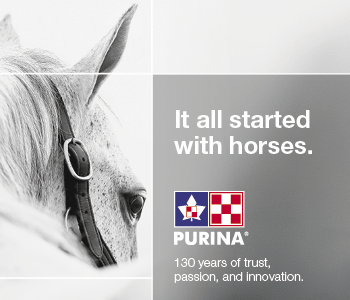By Karen L. Weslowski, LL.B., Litigation Lawyer
Waiver of liability agreements are commonly used in dangerous or high risk sports such as horseback riding. The intent is to transfer liability for injuries from the organizer to the participant through a written contract. The article, "Negotiating Risk: The Use & Enforceability of Waivers"contains a detailed discussion of waivers if readers are looking for more information on the subject.
Where minors are involved, horse show organizers, coaches, and trainers generally require parents to sign a waiver on behalf of their child. In Wong v. Lok’s Martial Arts Centre Inc., a recent decision of the BC Supreme Court, the judge held that “parental waivers” are not enforceable and that parents cannot waive their child’s right to sue for negligence. This decision may have a significant impact upon the horse industry as participation by minors is prevalent.
Wong v. Lok’s Martial Arts Centre Inc.
When he was 12, the plaintiff Victor Wong joined a Hapkido school owned and operated by the defendant Lok’s Martial Arts Centre Inc. Upon joining, his mother signed a membership form on his behalf which contained a waiver. The waiver was broadly worded and released the defendants from “any causes of action whatsoever.”
When he was 16, Victor broke his arm in the course of a sparring match with an adult. Victor sued the owner and operator of the school as well as the adult with whom he had the sparring match. Victor alleged that the defendants were negligent in failing to ensure that injuries did not occur in the course of sparring matches by screening participants, instructing participants, requiring suitable protective gear, or carefully supervising matches.
Coaches, horse show organizers, and trainers who rely on parental waivers should take other measures to manage their risk.
The defendants brought an application in advance of the trial to have Victor’s claims dismissed on the ground that they were prohibited by the waiver signed by his mother.
Victor’s mother swore an affidavit stating that she signed the waiver but did not read it carefully or fully understand it. She knew if she did not sign it Victor would not be allowed to enrol in Hapkido classes. She said she had no intention of waiving Victor’s right to sue the defendants for injuries resulting from their negligence, failure to properly supervise, or lack of good judgment in selecting sparring partners. Victor swore an affidavit stating that he did not sign a waiver of his legal rights and did not authorize his mother to waive any rights on his behalf.
The judge considered whether a parent can effectively sign a release on behalf of their child. The judge noted that the issue had not been previously addressed by the courts. The defendants argued that the “plenitude of parental powers” includes the right to enter into a contract on behalf of a child to waive the child’s right to bring a claim in negligence.
The judge reviewed the provisions of the Infants Act, R.S.B.C. 1996, c. 223, which deals with the power of guardians to enter into contracts binding upon infants. In BC, an “infant” is a person under the age of 19.
In reaching his decision, the judge noted the policy reasons for permitting parents to sign limited releases. However, he felt the BC Legislature intended the Infants Act to establish the sole means of creating contractual obligations that bind minors.
A recent decision in BC Supreme Court held that “parental waivers” are not enforceable and that parents cannot waive their child’s right to sue for negligence.
This means that parents and guardians cannot enter into binding contracts on their children’s behalf “except in strict accordance with the provisions of the Infants Act.”
The judge concluded that the Infants Act “does not permit a parent or guardian to bind an infant to an agreement waiving the infant’s right to bring an action in damages in tort.” He dismissed the defendants’ application. Victor’s mother had no legal right to waive his right to sue for negligence.
Practical Consequences
The Wong decision is only binding on BC courts. It is apparently the first Canadian decision on this issue. Courts in other provinces may find it persuasive and choose to follow it. Whether parental waivers are enforceable in other provinces may depend upon whether that province has a statute similar to the BC Infants Act. The judge in Wong noted that the waiver would have barred Victor’s claims against the defendants but for the provisions of the Infants Act, which prevented his mother from waiving his right to sue.
The Wong decision may leave horse show organizers, coaches, and trainers in a quandary as to whether to continue to obtain parental waivers. In BC, it is now clear that these waivers are not worth the paper they are written upon. However, the Wong decision is under appeal and could be reversed by the BC Court of Appeal. Residents in other provinces may continue to obtain parental waivers. Although, if these waivers are ever challenged there is a good chance that a court may follow Wong and hold that parental waivers are not enforceable.
Conclusion
Wong is the law in British Columbia until overturned on appeal (which may or may not happen depending upon how the Court of Appeal deals with the issue). Horse show organizers, coaches, and trainers who rely on parental waivers should take other measures to effectively manage their risk. This may include obtaining additional insurance, limiting participation to adults, or cancelling particularly “high risk” activities if unable to bear the risks of that activity. Those in the horse industry should also take extra steps to guard against negligence and ensure that their staff are well-trained and that participants are not subject to dangerous conditions.
It may be possible to foreclose an infant’s suit by having a parent sign a “parental indemnity” agreement stating that the parent will indemnify the provider for any legal costs or payments made pursuant to a settlement or trial judgment in favour of the child. However, there are court cases declaring such agreements contrary to public policy. They may not be enforceable. Parents could also be requested to sign an “acknowledgement” that they recognize the inherent risks of an activity and agree to assume those risks, provided the acknowledgment is not attached to waiver or release language. The extent to which such an acknowledgement is enforceable is not clear. Those in the horse industry who rely on parental waivers may wish to seek legal advice as to other ways to minimize their liability risks.
This article is provided as an information service only and is not meant as legal advice. Readers are cautioned not to act on the information provided without seeking specific legal advice with respect to their unique circumstances and the applicable law in their province of residence.
Main photo: Waiver of liability agreements are commonly used in high risk sports such as horseback riding. Credit: Robin Duncan Photography


